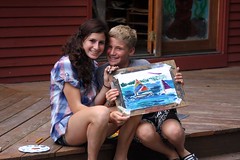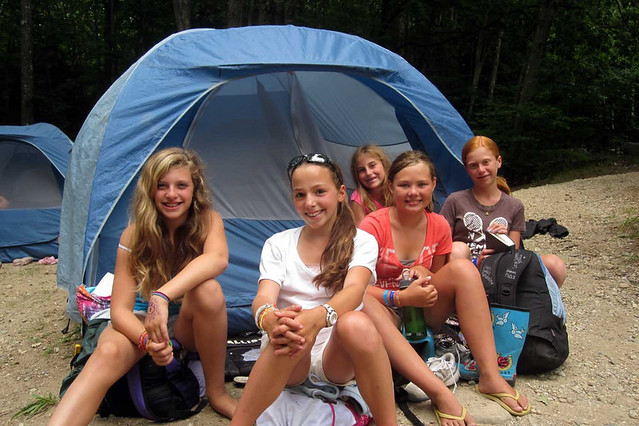 Summer camps got their start in Maine. A century later, they’re still going strong. The Pine Tree State now boasts 100 premier institutions – including The Laurel Camps (Laurel and Laurel South.)
Summer camps got their start in Maine. A century later, they’re still going strong. The Pine Tree State now boasts 100 premier institutions – including The Laurel Camps (Laurel and Laurel South.)
We’re proud to call Maine home. We’re just as proud to utilize the resources of the entire state and to give hundreds of campers an experience unequaled anywhere else.
At The Laurel Camps there’s more than enough room for an exciting depth and breadth of activities. Sports ranging from baseball, soccer, softball and lacrosse to volleyball, tennis and archery. Equestrian. Swimming, sailing, canoeing, kayaking, wakeboarding, windsurfing and waterskiing on crystal-clear lakes.
 Summers in Maine are never too hot. And the nights are cool (and starry) enough for age-old traditions like campfires and s’mores.
Summers in Maine are never too hot. And the nights are cool (and starry) enough for age-old traditions like campfires and s’mores.
But for campers and staff at Laurel and Laurel South, all of Maine is our playground. We hike tall mountains like Katahdin. We head into the pine forests for ropes courses, rappelling and mountain biking. We explore the coast and ocean-side sites like Acadia National Park, Ogunquit and Bar Harbor.
Campers come to Maine from across the country. Whether they’ve been here in the winter to ski, or have never experienced the wonders of the state, they quickly realize it’s an amazing, magnificent place – vast yet intimate, wild yet welcoming.
Parents love it too – particularly if they plan a day or three in the trendy city of Portland, with a side trip to Kennebunkport, Camden or (of course) Freeport to visit L.L. Bean!
It’s all part of the Maine camp experience – discovering new things, no matter what your age. And you never know…you may be lucky enough to spot a Moose.
Jem and Debbie
Camp Laurel




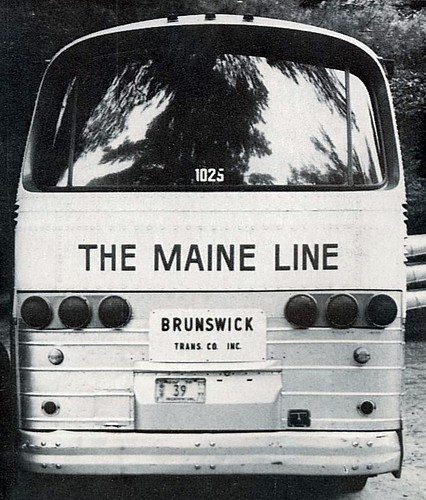
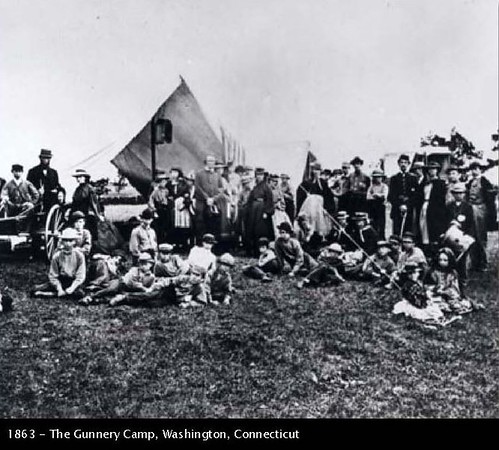
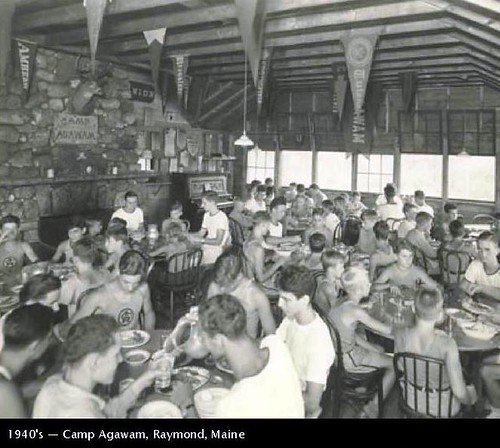
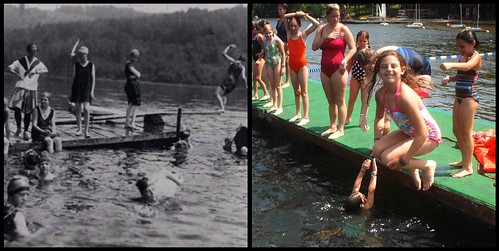
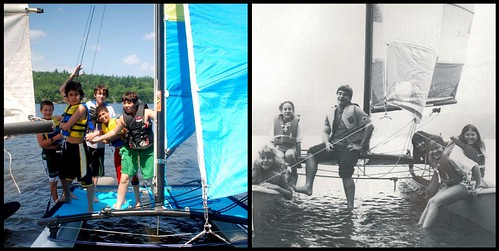
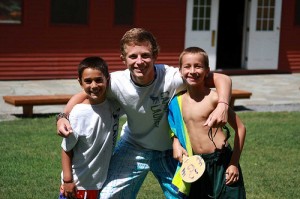
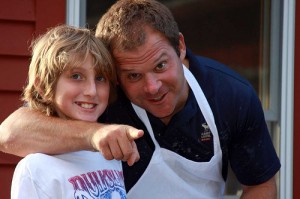
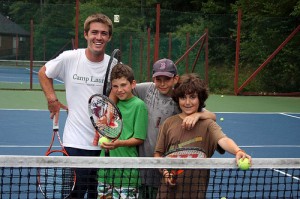
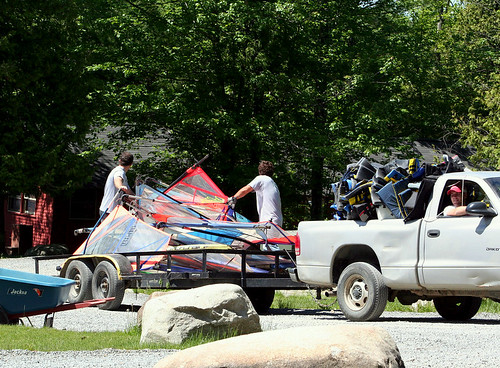
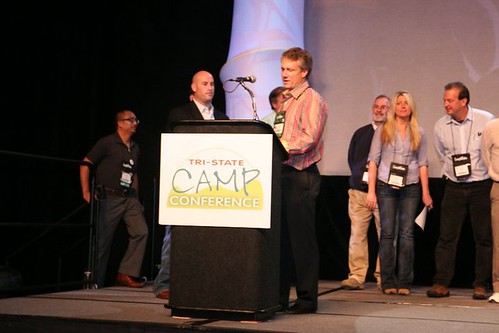
 Cabinmates must also learn how to navigate the waters of communal decisionmaking. They must work through the inevitable issues and conflicts that come up in cabin living — and they must learn to adapt and get along when things don’t go their way. They learn to live by the will of the majority, while at the same time respecting the needs of others who represent the minority. Again, according to the
Cabinmates must also learn how to navigate the waters of communal decisionmaking. They must work through the inevitable issues and conflicts that come up in cabin living — and they must learn to adapt and get along when things don’t go their way. They learn to live by the will of the majority, while at the same time respecting the needs of others who represent the minority. Again, according to the 
